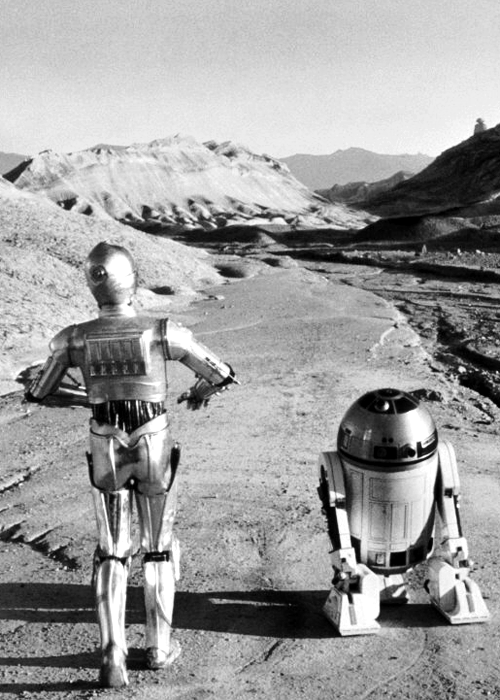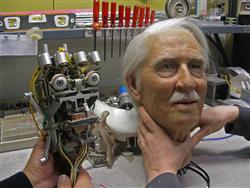There’s no guarantee that this week’s DARPA Robotics Challenge finals will be as much a watershed for the field as the 2004 Grand Challenge was for driverless, but the competition will probably lead to information being shared and the discipline advancing. That’s a great thing, though while robotics will increase wealth in the aggregate, it will tax us to reposition society around it economically and to redefine the role of humans. Members from some of the competing teams just did an Ask Me Anything at Reddit. A few exchanges follow.
____________________________
Question:
Ethics: Do you feel your contributions are leading to a society where most machines will replace humans, causing permanent unemployment? What is the future role of man in the Age of AI?
Jerry Pratt – Team IHMC:
Humans and technology go hand in hand. Without humans, there is no technology, and humans would have a hard time surviving without their technology. We are already cyborgs in some sense. We wear clothing, live in houses, drive planes, trains, and automobiles. A large number of people have ocular prosthetics nearly permanently attached inside their eyelids (contact lenses). We communicate long distances and enhance our memories. As technology gets more advanced, we’ll continue to become one with it. With AI this means that someday we will have SIRI or OK-Google style interfaces that are really powerful and can significantly enhance our capabilities. Should we fear this? Not sure. Just make sure you can always unplug to get away from it all…
____________________________
Question:


